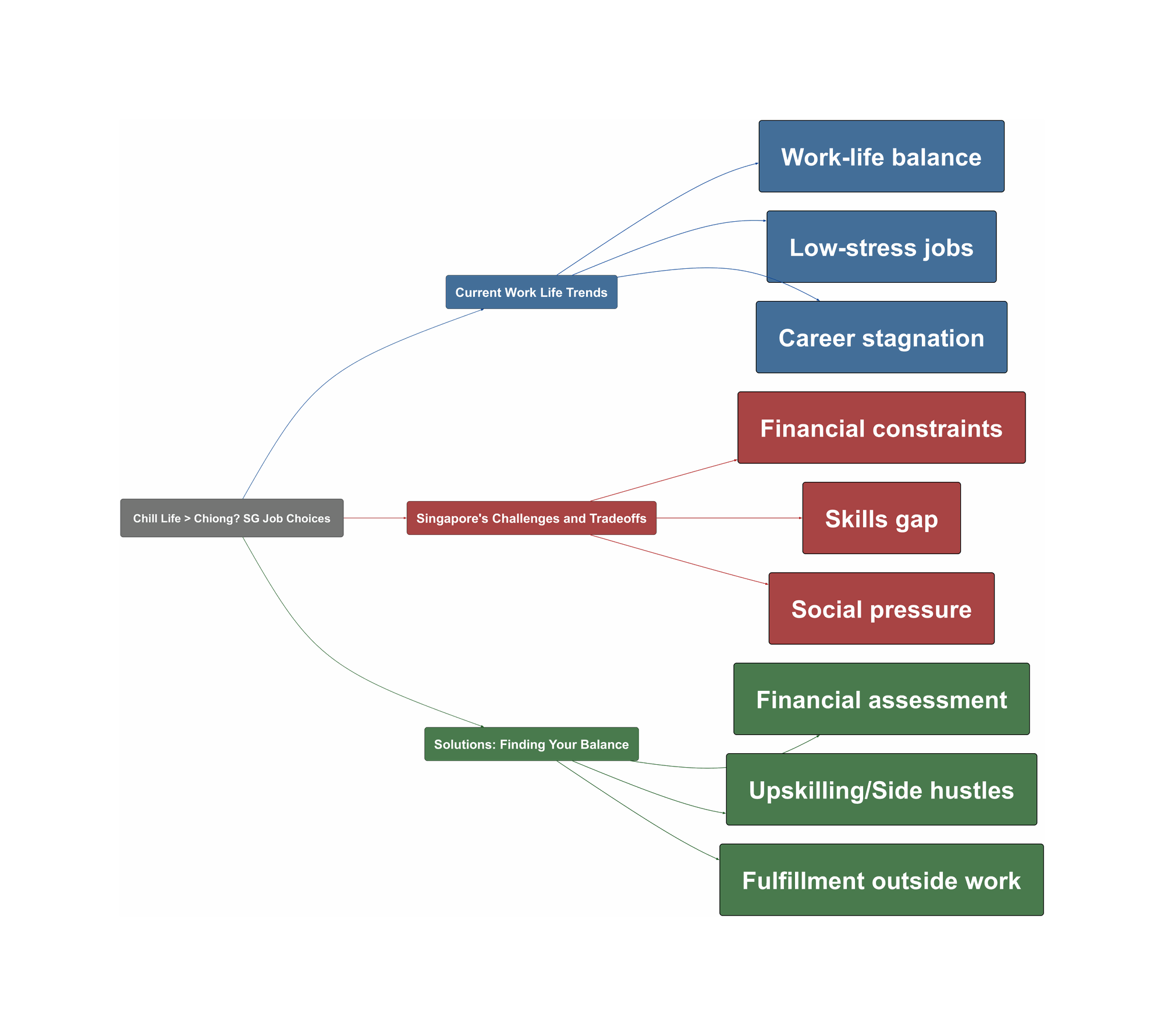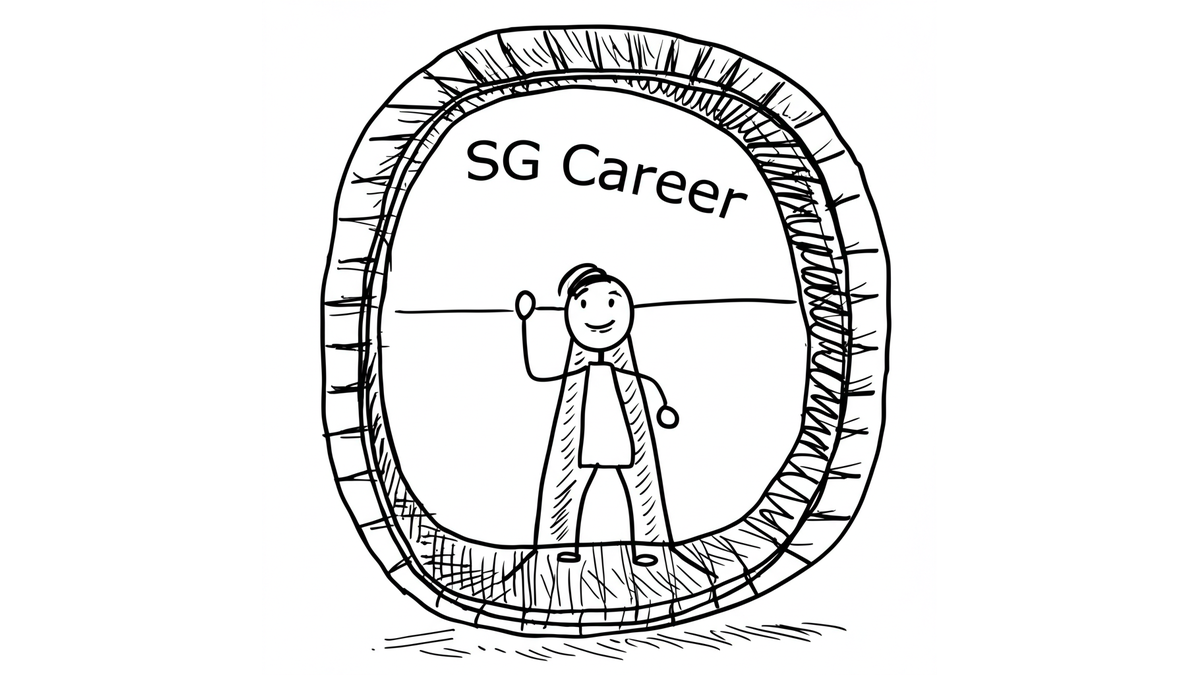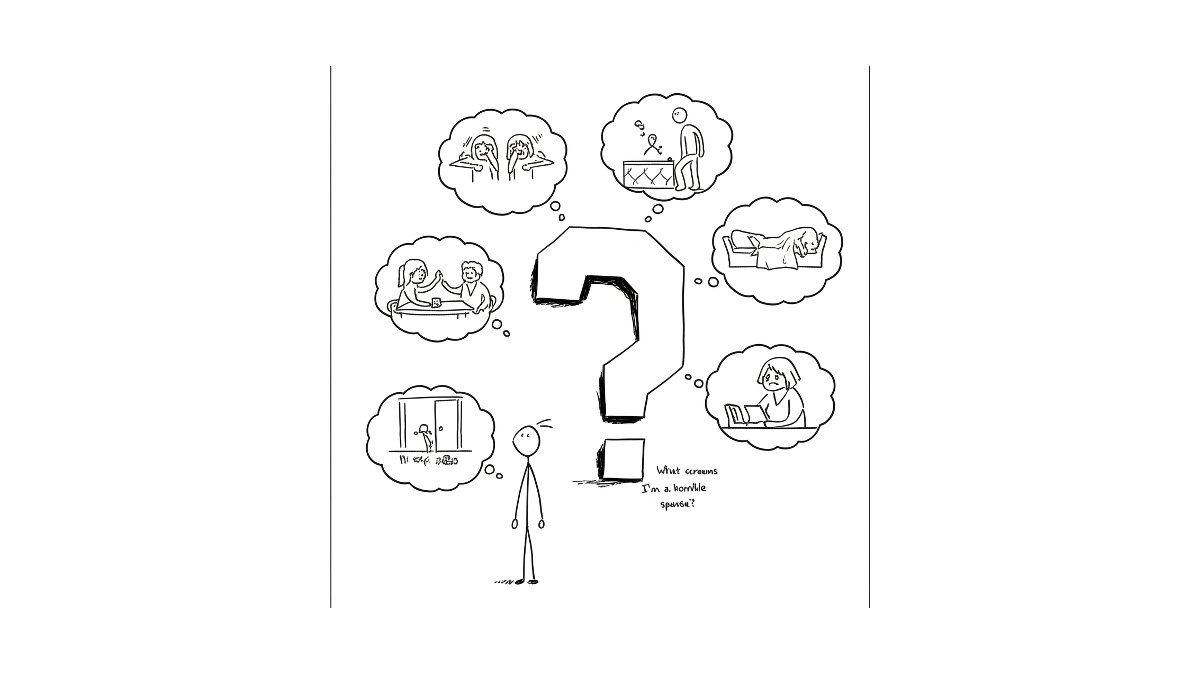Feeling burnt out from the Singaporean rat race? Ever wondered if taking it easy at work is actually a viable path? You’re not alone. Many Singaporeans are questioning the relentless pursuit of career advancement and considering the benefits of a more relaxed work life. Let’s dive into what’s happening.
Current Work Life Trends
- More Singaporeans are prioritizing work-life balance over climbing the corporate ladder. This shift is driven by a desire for reduced stress and increased personal time.
Basically I hate mental load and having to bring work home and still have to think about work while on holidays or at home with bosses that believe their access to you isn’t off limits 24/7.
- A significant number are opting for “easy” or “relaxed” jobs, even if it means earning less. Some are even willing to accept starting salaries with generous yearly increments as mentioned by one user with above 15% increments.
Starting salary not that great but yearly increments are pretty generous (above 15%). Quite happy to stay here and don’t chiong
- The appeal of these roles lies in their low stress levels, predictable hours, and minimal after-work responsibilities. For some, this is a conscious decision to prioritize mental health and overall well-being.
Singapore’s Challenges and Tradeoffs
- The biggest challenge is financial stability, especially in expensive Singapore. Lower-stress jobs often come with lower pay, making it harder to save for retirement, afford housing, or even enjoy travel.
Money is of course terrible for such low mental load job.
- There’s a fear of career stagnation. Staying in a relaxed role for too long can lead to a skills gap and make it difficult to find new opportunities in the future.
There is also the worry that these jobs don’t really help me grow. Like it’s all simple jobs and while there are some learning curves, at some point it just plateaus. And that does worry me at times for my future, if I can find a job if I need to.
- Social pressures also play a role. Singaporean society often equates success with career advancement and high earnings, leading to feelings of inadequacy for those who choose a different path.
Solutions: Finding Your Balance
- Carefully assess your financial needs and priorities. Determine how much income you need to cover essential expenses and achieve your long-term goals.
I feel like when rent is free and there is no children, you don’t really need such a high paying job.
- Consider upskilling or taking on side hustles to supplement your income and enhance your career prospects. Online courses, freelance work, or even part-time jobs can provide valuable skills and experience.
So far so good? Barely able to buy a resale, enough money to reinvest, renting out rooms for retirement funds too.
- Focus on finding fulfillment outside of work. Cultivate hobbies, spend time with loved ones, and pursue activities that bring you joy and purpose. Ultimately, happiness is about finding a balance that works for you.





